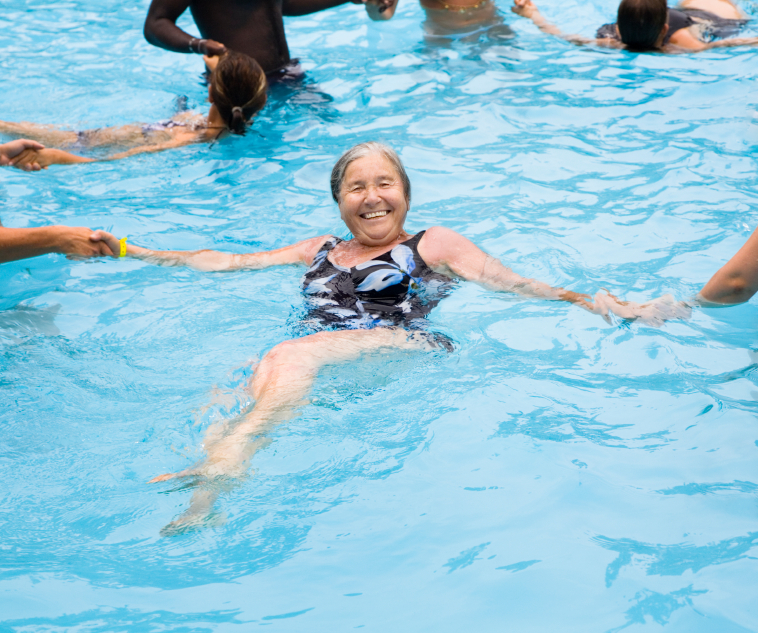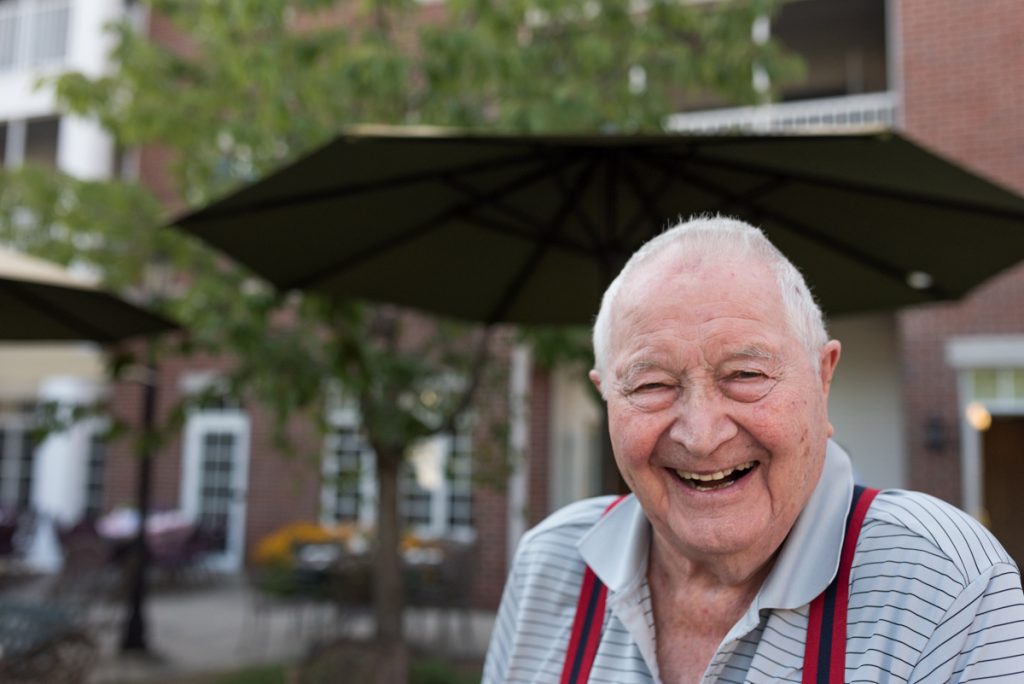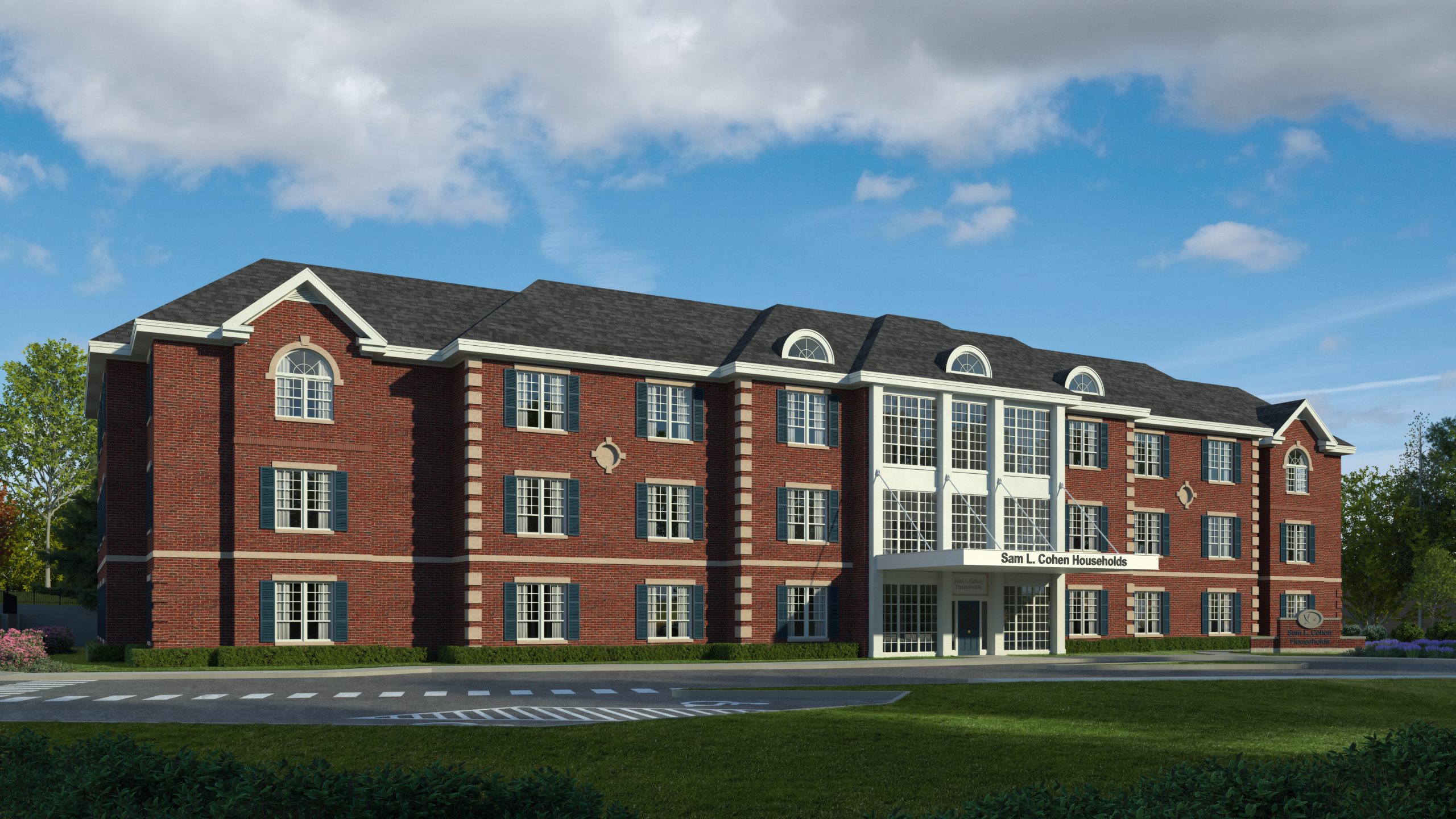 The Cedars staff take an empathetic, positive approach with our seniors experiencing memory loss. See how this process empowers seniors, preserves independence, and enhances our many other therapeutic treatments.
The Cedars staff take an empathetic, positive approach with our seniors experiencing memory loss. See how this process empowers seniors, preserves independence, and enhances our many other therapeutic treatments.
What is person-centered care?
We all want to make decisions about the way we live our lives and this desire does not diminish as we age. In fact, it intensifies! Even older adults who need assistance with the activities of daily living or who are experiencing memory loss want and need to express personal preferences, make real choices, and participate in meaningful activities.
For many years, care for older adults in community settings has taken an institutional approach, where decisions about schedules and activities are made by staff rather than residents. Even when these decisions are made with good intentions, the institutional model of care makes older adults passive participants in their own lives. If you cannot control when you wake up or what you eat or how you spend your time, it becomes harder to find joy and meaning in your life.
Institutional care does not work well for patients or for caregivers. Today, person-centered care in nursing homes and communities like The Cedars is replacing the institutional care model across the nation and transforming our experience of aging.

Person-centered care in nursing is a very different approach to care than the institutional model. In the person-centered care model, caregivers understand that their role is not to tell residents what to do but to ask them what they want and help them achieve their goals. The person-centered care model lets the person receiving care lead the way and make meaningful, in-the-moment choices.
Because person-centered care is based on personal preferences, it encourages caregivers to see their charges as people and get to know them like family. Residents and caregivers form strong, lasting bonds of trust, affection, and respect in the person-centered care model.
Person-centered care for dementia
What if a resident cannot express their wants and needs in ways that their caregivers can understand? For people diagnosed with dementia, the gradual loss of language is a common symptom, and many struggle to share their thoughts and wishes with their loved ones. These communication challenges make person-centered care more difficult. They also make the importance of person-centered care even more evident.
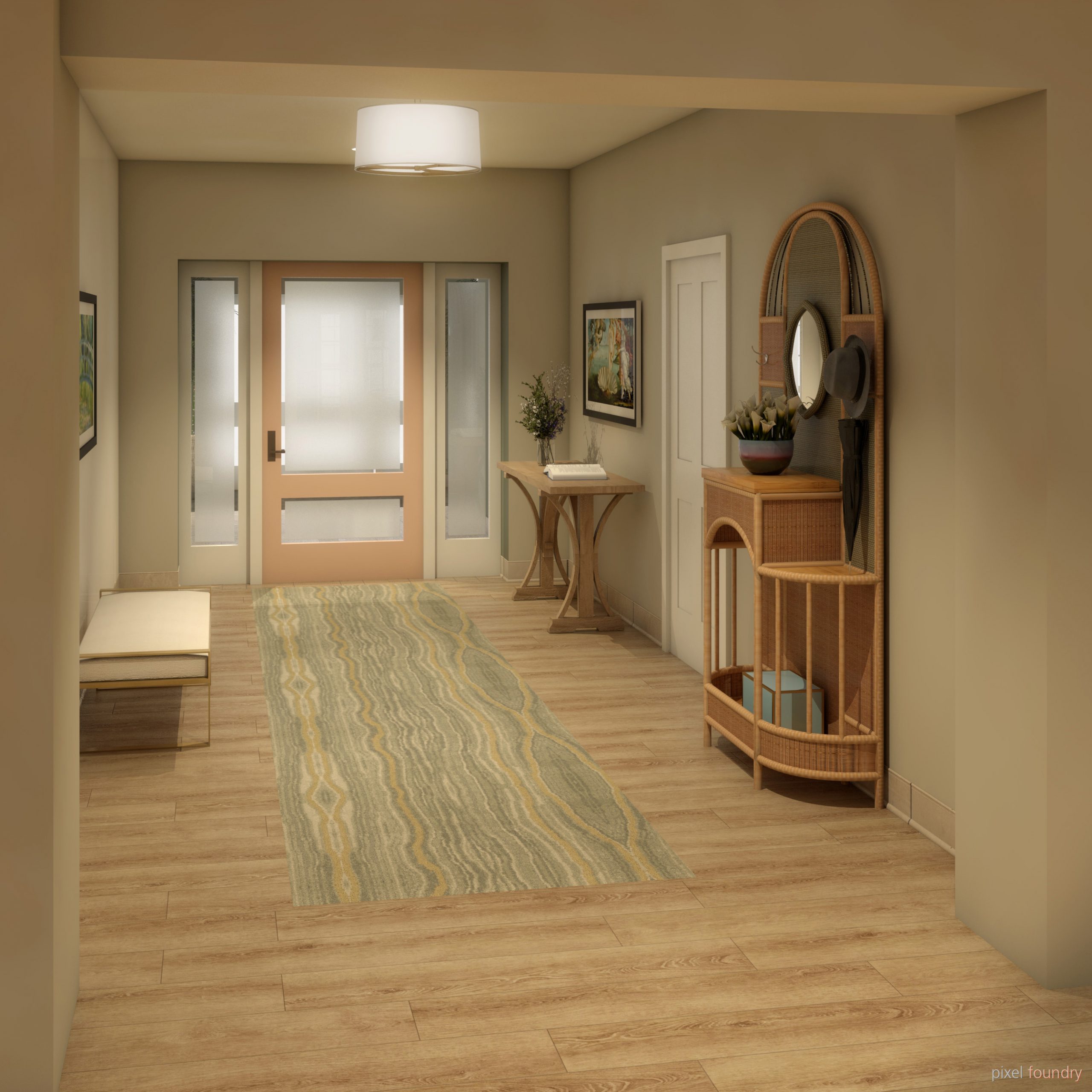 Many of the challenging behaviors sometimes seen in people with memory loss are expressions of confusion, frustration, fear, anger, and depression—all understandable emotional reactions to the unique challenges of their illness. In the institutional care model, caregivers rely on medications to calm agitated residents with dementia. In the person-centered care model, caregivers actively try to understand, work with, and support residents with memory loss and help them find productive and meaningful ways to engage with the world around them.
Many of the challenging behaviors sometimes seen in people with memory loss are expressions of confusion, frustration, fear, anger, and depression—all understandable emotional reactions to the unique challenges of their illness. In the institutional care model, caregivers rely on medications to calm agitated residents with dementia. In the person-centered care model, caregivers actively try to understand, work with, and support residents with memory loss and help them find productive and meaningful ways to engage with the world around them.
Person-Centered Care at The Cedars
At The Cedars, we take a positive approach to person-centered care for dementia. We understand that people with memory loss are trying to navigate a world that no longer works in ways they expect or understand. We strive not to say “no” and use the latest therapies, technology, and human-centered design innovations to say “yes.”
In our Sam L. Cohen Memory Care Households, the person-centered approach means creating Households made up of small groups of residents with private living spaces filled with personal possessions and mementos as well as cozy community gathering spaces for group activities.
Rather than rotating staff around our community on different shifts, caregivers trained in person-centered care are assigned to one Household and truly get to know each resident they work with. Seeing the same trusted caregivers every day and having their needs met in the moment comforts residents and builds trust. Over time, Households become families.
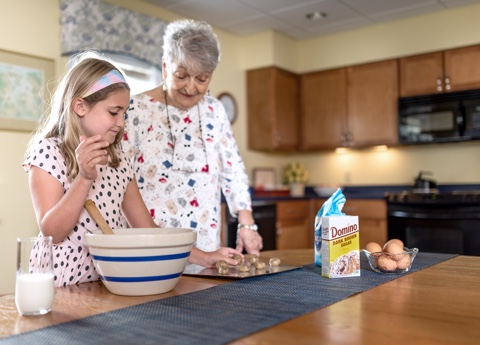 Person-centered care plans at The Cedars are based on each resident’s unique circumstances, needs, and life story—an in-depth narrative documenting the key events in their lives, personal hobbies and pastimes, and their favorite music, movies, books, games, and food. When caregivers offer choices in meals, activities, or entertainment to residents with dementia, they refer to each resident’s own Life Story to help guide their selections.
Person-centered care plans at The Cedars are based on each resident’s unique circumstances, needs, and life story—an in-depth narrative documenting the key events in their lives, personal hobbies and pastimes, and their favorite music, movies, books, games, and food. When caregivers offer choices in meals, activities, or entertainment to residents with dementia, they refer to each resident’s own Life Story to help guide their selections.
The rhythms of daily life at The Cedars are not dictated by staff schedules but by each resident’s own preferences. Residents are not woken by alarms or made to eat at specific times or told when they should go to bed. They choose what they want to do and when they want to do it and they can change their mind at any time—just as we all do in our own homes.
While attentive, skilled medical care is always available onsite, The Cedars uses a silent call system to avoid disrupting and unsettling residents with frequent alarms and create a peaceful and homey atmosphere.
Person-centered care at The Cedars is offered within a welcoming and safe physical environments designed to support residents with dementia. Hallways have no dead ends, so residents never find their way blocked by doors or walls and can wander freely and independently. Access to outdoor spaces and sensory gardens encourages mindfulness, connection, and calm. The kitchen is always open for homemade meals and stocked with favorite snacks and beverages.
Person-centered care therapies prioritize individual expression, social engagement, and personal growth. This means creating frustration-free activities where there are no right or wrong answers or correct ways to do things. Open-ended and expressive activities like Opening Minds Through Art and Music and Memory set a new standard for memory care programming while our occupational, physical, and speech therapists work with residents onsite to preserve cognition and independence.

The importance of person-centered care cannot be overstated. Person-centered care lets older adults continue to learn and grow and make meaningful contributions to their community in a safe place where they feel comfortable and connected. Call The Cedars 207.221.7000 to see person-centered care in action in Maine’s first Households.







 Many of the challenging behaviors sometimes seen in people with memory loss are expressions of confusion, frustration, fear, anger, and depression—all understandable emotional reactions to the unique challenges of their illness. In the institutional care model, caregivers rely on medications to calm agitated residents with dementia. In the person-centered care model, caregivers actively try to understand, work with, and support residents with memory loss and help them find productive and meaningful ways to engage with the world around them.
Many of the challenging behaviors sometimes seen in people with memory loss are expressions of confusion, frustration, fear, anger, and depression—all understandable emotional reactions to the unique challenges of their illness. In the institutional care model, caregivers rely on medications to calm agitated residents with dementia. In the person-centered care model, caregivers actively try to understand, work with, and support residents with memory loss and help them find productive and meaningful ways to engage with the world around them. Person-centered care plans at The Cedars are based on each resident’s unique circumstances, needs, and life story—an in-depth narrative documenting the key events in their lives, personal hobbies and pastimes, and their favorite music, movies, books, games, and food. When caregivers offer choices in meals, activities, or entertainment to residents with dementia, they refer to each resident’s own Life Story to help guide their selections.
Person-centered care plans at The Cedars are based on each resident’s unique circumstances, needs, and life story—an in-depth narrative documenting the key events in their lives, personal hobbies and pastimes, and their favorite music, movies, books, games, and food. When caregivers offer choices in meals, activities, or entertainment to residents with dementia, they refer to each resident’s own Life Story to help guide their selections.
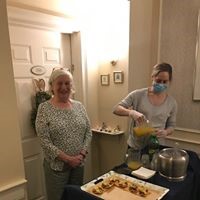 In these days of social distancing and ‘stay safe at home’ orders, it’s critical to keep our residents and members connected to their loved ones and community, for happiness and overall well being. As we learn to adapt and navigate our current situation under COVID-19, we want to take a moment to share some of the platforms, personal connections and virtual technology in place, as well as our approach to offering special events and activities. The satisfaction, fulfillment, health, and safety of our community members is our main objective and we look forward to a continued offering of enriching and enhancing programs and experiences.
In these days of social distancing and ‘stay safe at home’ orders, it’s critical to keep our residents and members connected to their loved ones and community, for happiness and overall well being. As we learn to adapt and navigate our current situation under COVID-19, we want to take a moment to share some of the platforms, personal connections and virtual technology in place, as well as our approach to offering special events and activities. The satisfaction, fulfillment, health, and safety of our community members is our main objective and we look forward to a continued offering of enriching and enhancing programs and experiences.

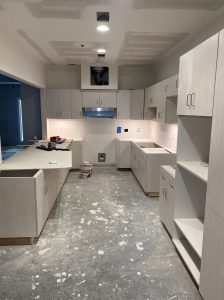
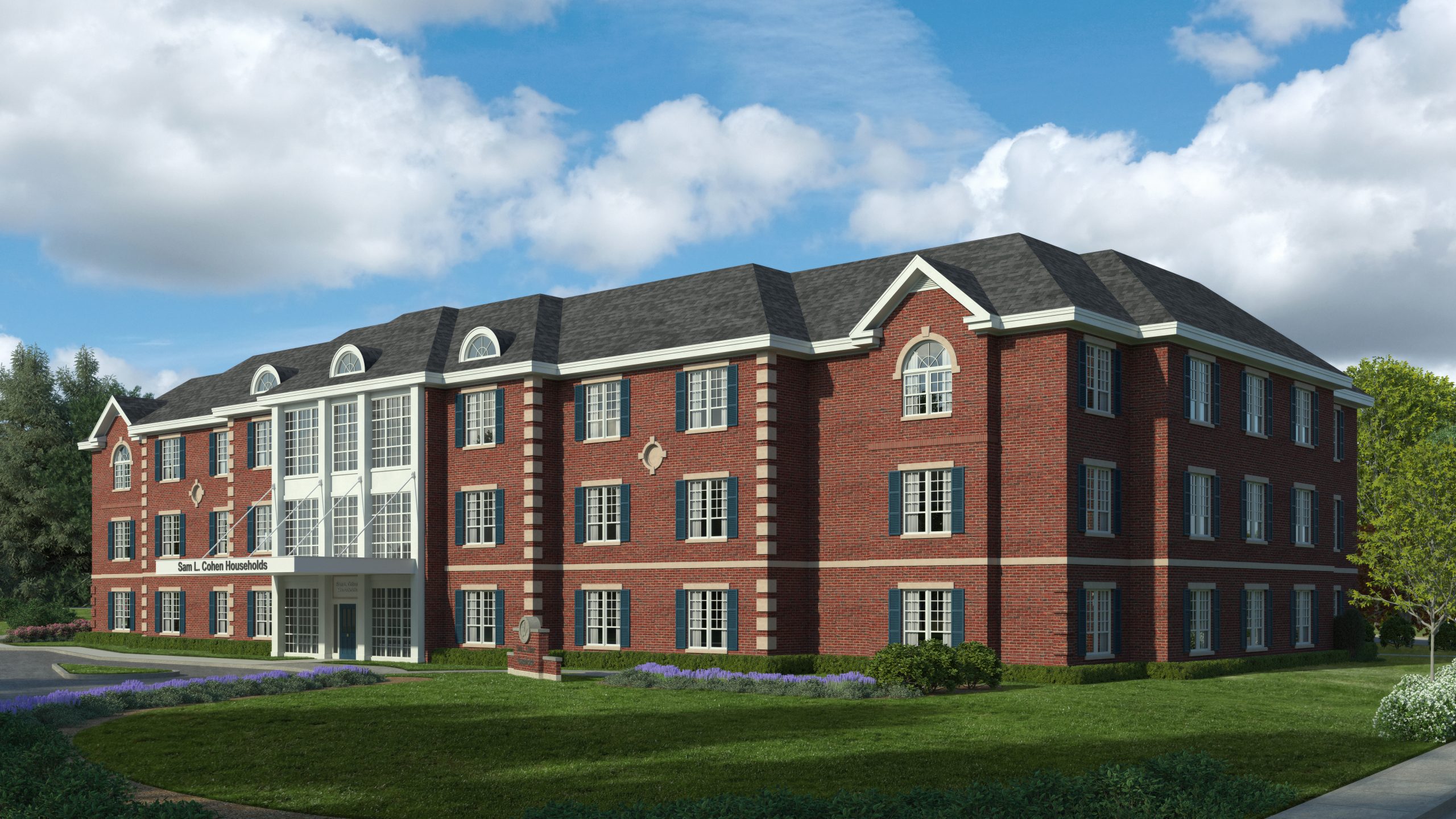


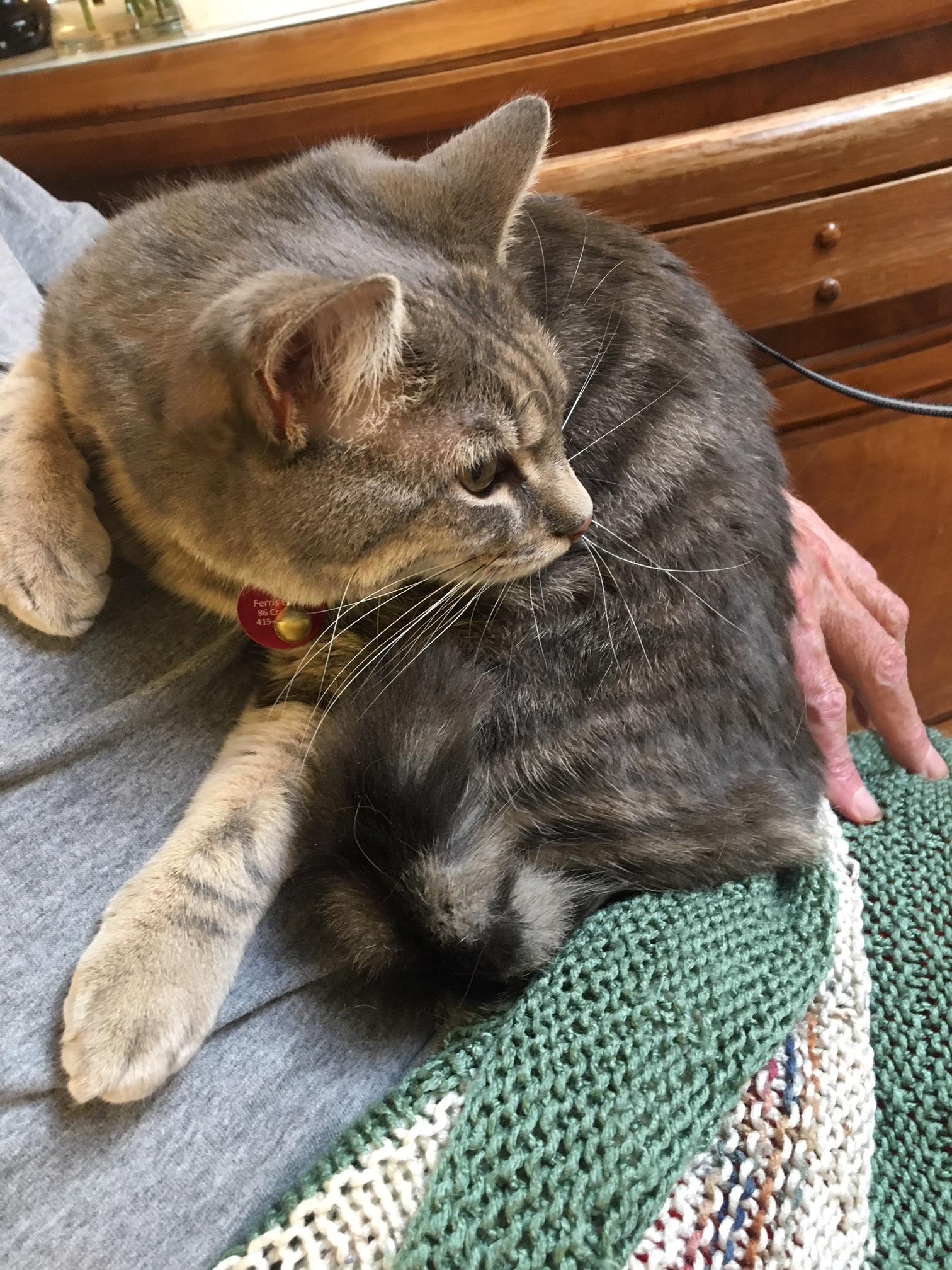 Can you receive assisted living care in a memory care center? At The Cedars, yes. Our brand-new Memory Care Assisted Living Households, part of the
Can you receive assisted living care in a memory care center? At The Cedars, yes. Our brand-new Memory Care Assisted Living Households, part of the  Integrating technology into the lives of seniors is a top trend in senior living communities. Why? From social media to helpful gadgets, recent advances in technology can help them stay active, stay safe, and stay in touch with loved ones. Here are seniors and technology tips that can help an older adult in your life take advantage of today’s tech.
Integrating technology into the lives of seniors is a top trend in senior living communities. Why? From social media to helpful gadgets, recent advances in technology can help them stay active, stay safe, and stay in touch with loved ones. Here are seniors and technology tips that can help an older adult in your life take advantage of today’s tech.
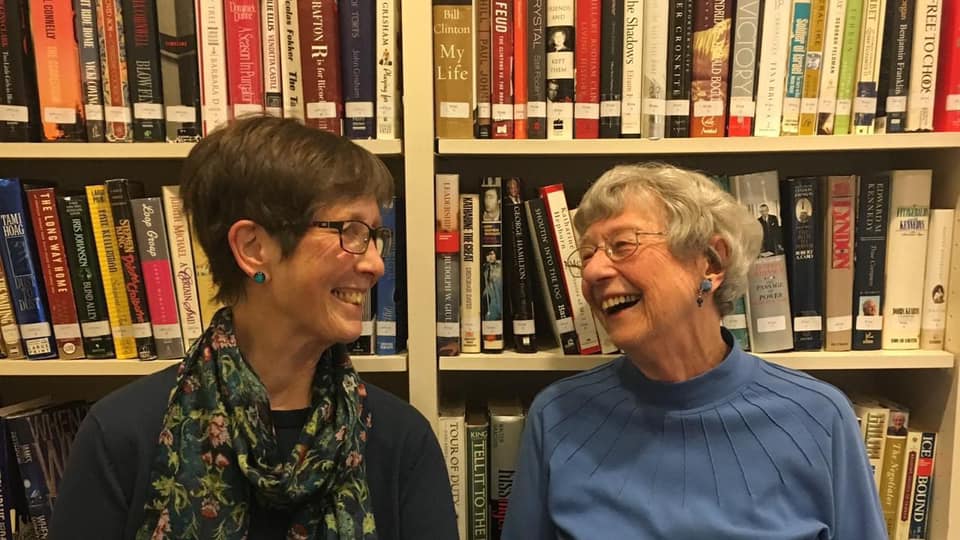
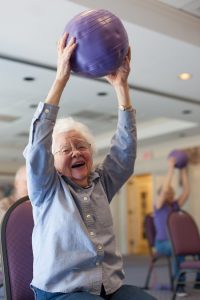 We’ve all heard that physical activity and exercise are good for us. In fact, being physically active on a regular basis is one of the best things older adults can do for themselves. According to the National Institute of Health, even moderate exercise can improve the health of people who are frail or who have diseases that accompany aging.
We’ve all heard that physical activity and exercise are good for us. In fact, being physically active on a regular basis is one of the best things older adults can do for themselves. According to the National Institute of Health, even moderate exercise can improve the health of people who are frail or who have diseases that accompany aging.